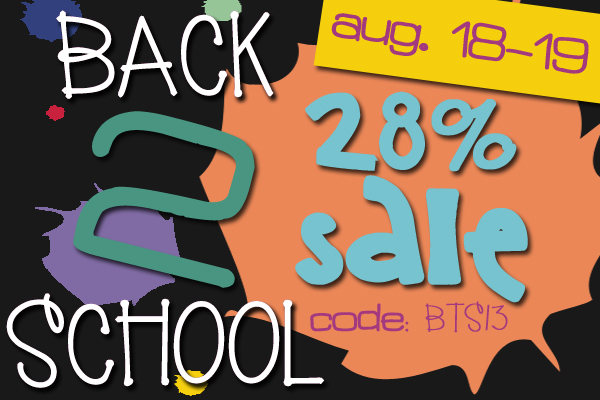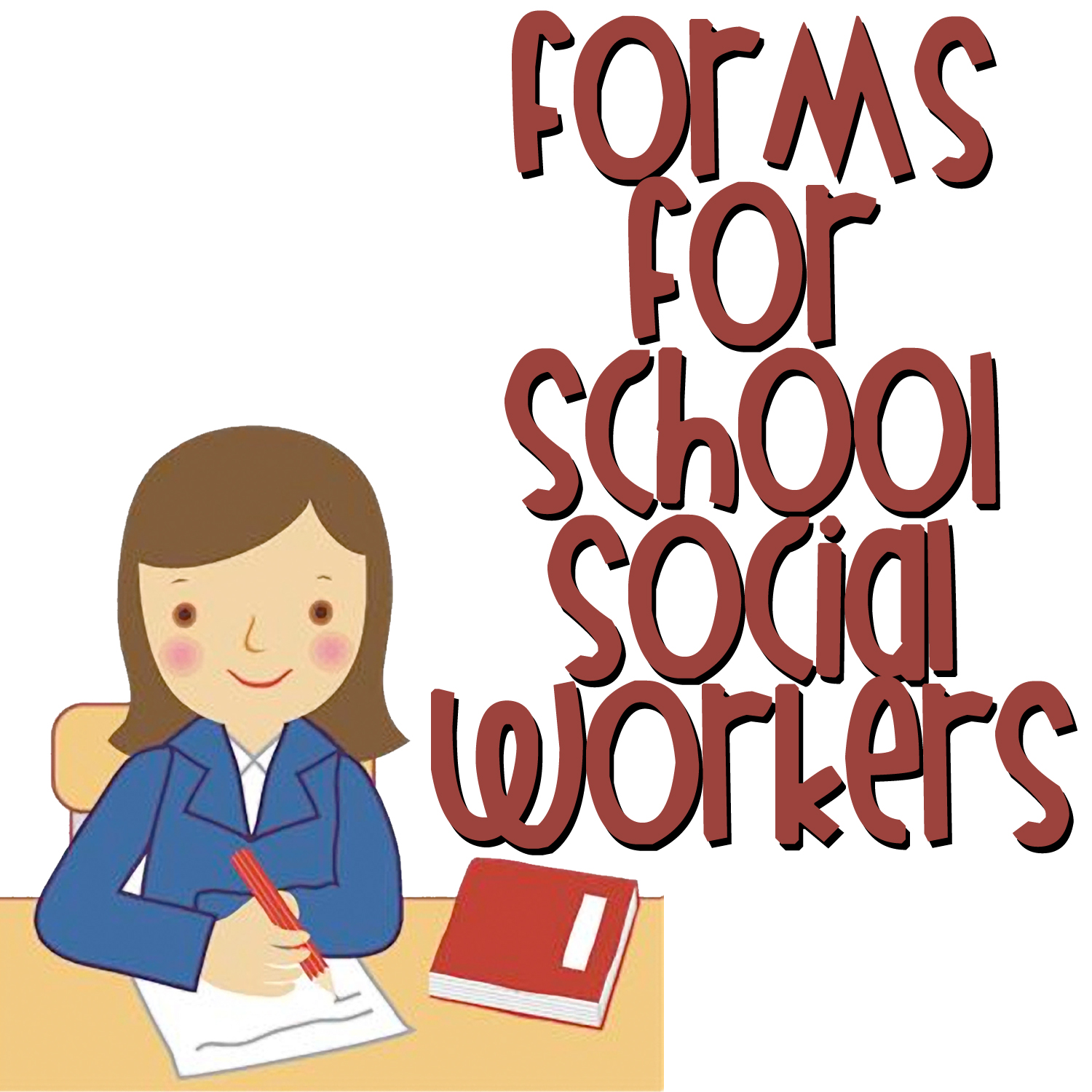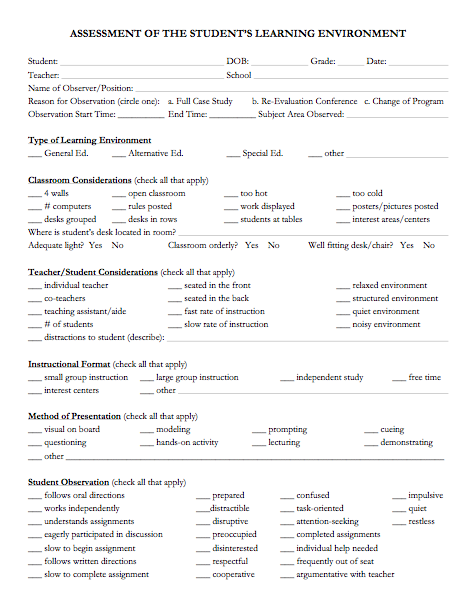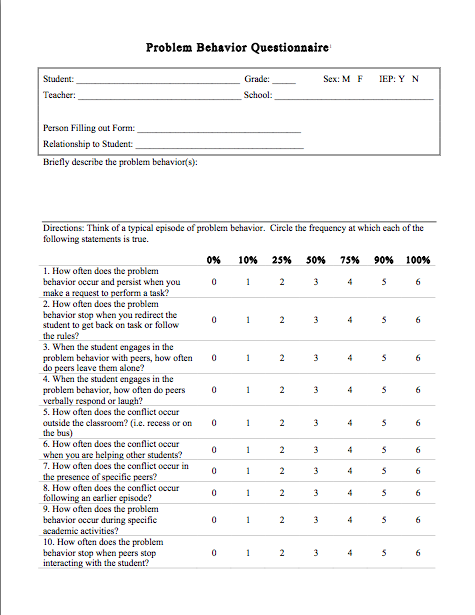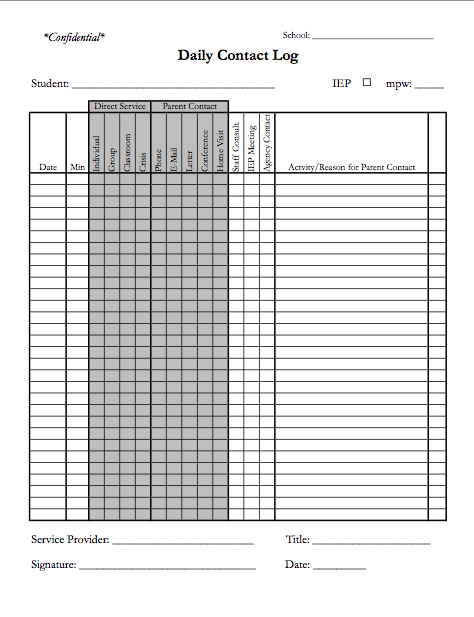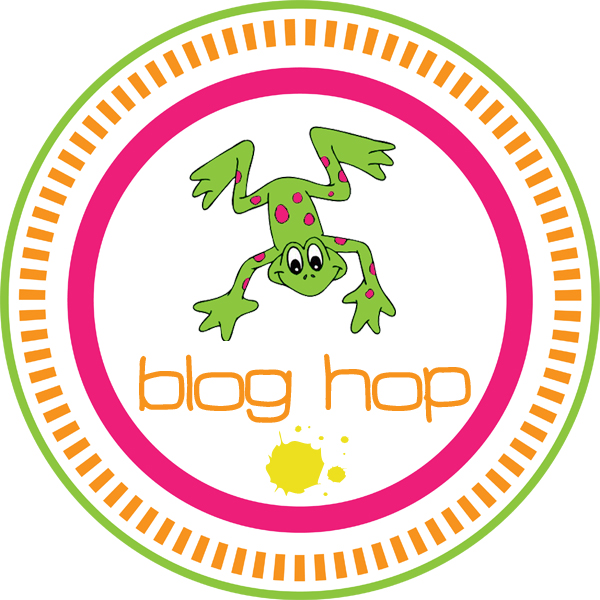
Just in time for the beginning of the school year, I got asked to be a part of my first ever Blog Hop! I'm really excited about this one because it gives me a chance to get to know some of the other counselor/social work-y people on the usually teacher-dominated awesomeness of
TeacherspayTeachers. Each of us participating will list some of our favorite paid and free products as well as links to each other's blog where you can find more awesome free and paid products to help you get your school year off to a great start.
Fun Freebies: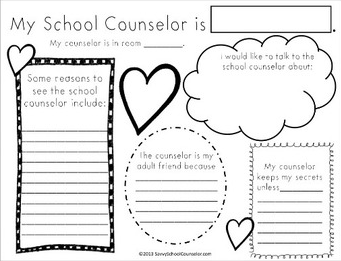 My Counselor Activity Sheet
My Counselor Activity SheetThis product was made by Vanessa, a school counselor and I love it! I always struggle with a way to discuss my role with students and this activity sheet is a fun way to cover that things you should talk to a counselor about, reasons to see them, as well as the difficult topic of confidentiality and "secret keeping." Plus, just look at how adorable it is...and it's FREE!
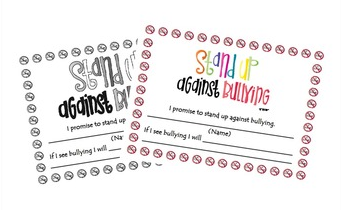 Bullying Pledge
Bullying PledgeThis freebie comes to us from Heather, also a school counselor. It's a great way to conclude a lesson about bullying with encouraging them to think of practical steps they can do to take an active role in reducing bullying in their school and community. I love that it can be used with small groups in my office, or with an entire classroom if needed!
Awesome Paid Products: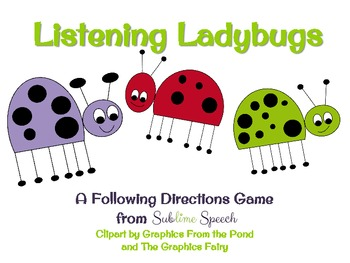 Listening Ladybugs: Following Directions
Listening Ladybugs: Following DirectionsThis was one of the first products I ever bought on TpT. It's created by Danielle, who's a speech-language pathologist, but I've found that it works wonders for all my social work kiddos that have a hard time following (especially verbal) directions. Basically, I spread all the cards out on the table and let a student pick one. Then, I read it to them and they have to follow the 1, 2, or 3-step direction it describes. Some of the cards are a little tricky, so I'll amend the direction or reduce the number of steps if I need to for that particular student. If they do it correctly, they get to keep the card. The download is only $4 and contains 69 different cards that contain 1, 2, or 3-step directions or game situations such as "your ladybug jar spilled. 2 flew away." The object is to be the person with the most ladybugs at the end. All of the kids love this game and have actually requested it before when I give them free time!
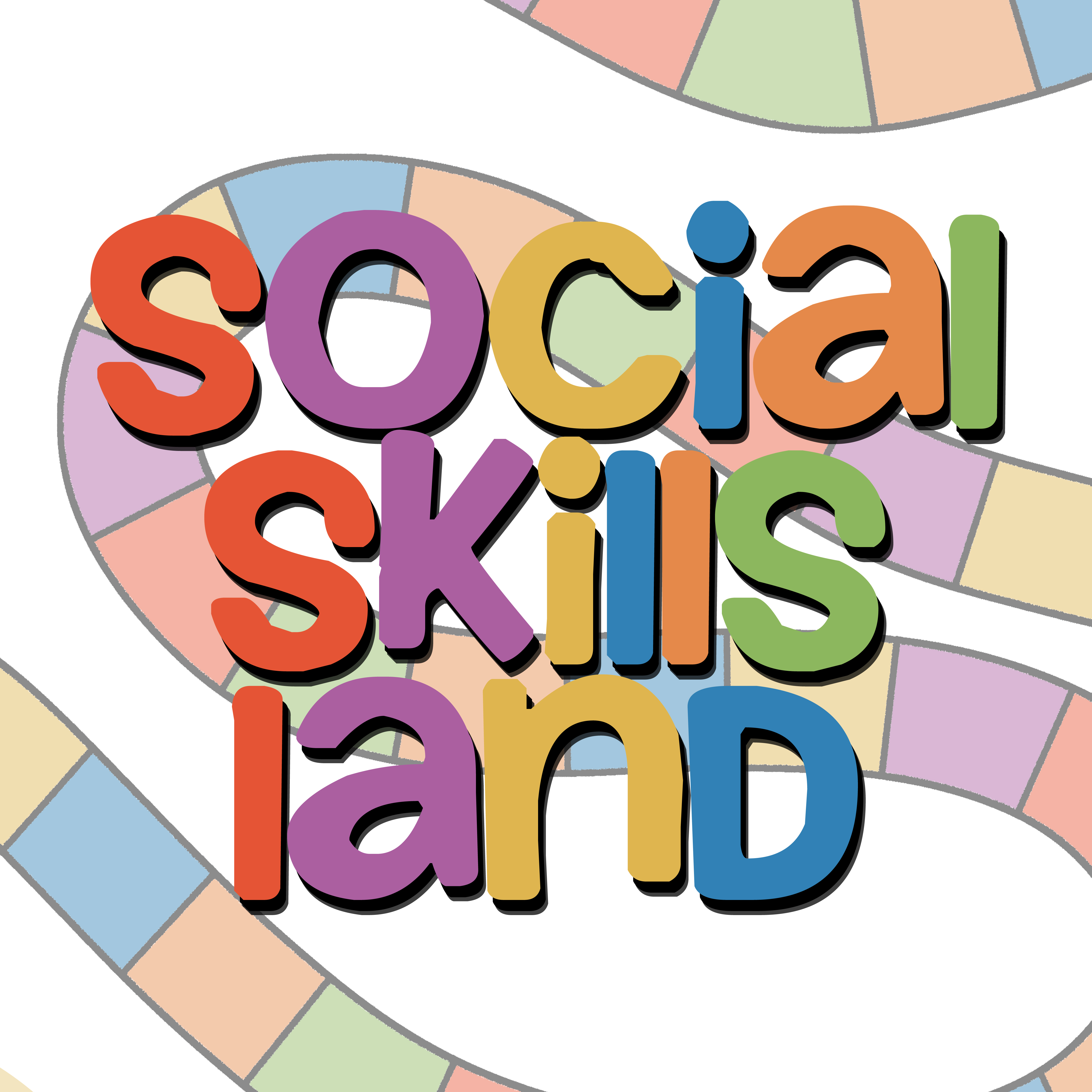 Social Skills Land Game
Social Skills Land GameThis last product is one of my own. It was actually my first product ever and it's by far my best seller. Quickly after becoming a school social worker, I learned that traditional "therapy" games just didn't grab my students' attention like their familiar favorite board games. So, I started adapting games like Jenga, Connect 4, and Candyland to teacher social and problem-solving skills! This game puts a fun twist on Candyland and features 144 different questions in categories such as Feelings, Friendship, Bullying, and Anger Control. You use the same Candyland game board and pieces your kids love, so you'll naturally grab their attention!
Interested in some other products on TpT that are great for counseling or school social work? Hop on over to these other great blogs and check out some of their favorites!
Heather -
The Helpful Counselor
Vanessa -
Savvy School Counselor
Tabitha -
Scrapbook of a School Counselor
Melanie -
Stylish School CounselorEnjoy!
 I found this awesome quote on Pinterest the other day. Unfortunately, it didn't list the author and I couldn't find an author after googling it either. If anyone knows who said it, please let me know! *Update* Thanks to a reader, we now know the author!
I found this awesome quote on Pinterest the other day. Unfortunately, it didn't list the author and I couldn't find an author after googling it either. If anyone knows who said it, please let me know! *Update* Thanks to a reader, we now know the author!



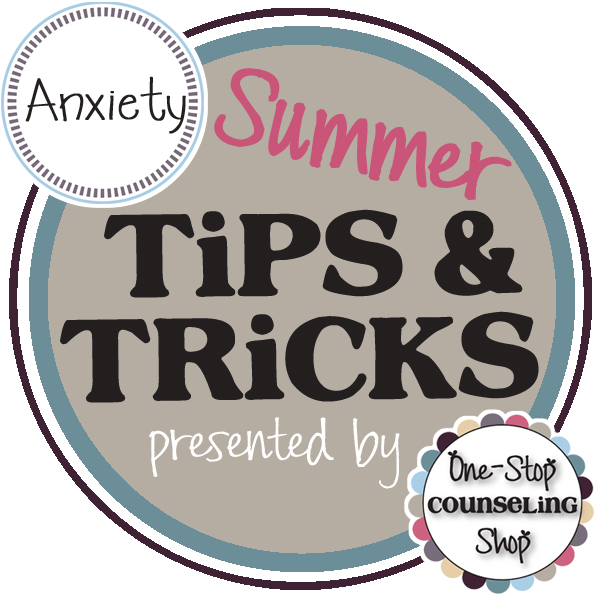
 Everybody worries, whether it's about that spider crawling down the wall toward them, or an important test. Please note that anxiety is different from fear. Fear is an appropriate cognitive and emotional response to a perceived threat. Anxiety occurs in situations that seem uncontrollable or unavoidable to the student, but not most people. In addition, when a student is diagnosed with an Anxiety Disorder, it means that their symptoms are extreme and occur often enough that they interfere with their daily life.
Everybody worries, whether it's about that spider crawling down the wall toward them, or an important test. Please note that anxiety is different from fear. Fear is an appropriate cognitive and emotional response to a perceived threat. Anxiety occurs in situations that seem uncontrollable or unavoidable to the student, but not most people. In addition, when a student is diagnosed with an Anxiety Disorder, it means that their symptoms are extreme and occur often enough that they interfere with their daily life. Contact the child's doctor if medication is to be given at school to make sure you have up-to-date dosage and administration instructions. However, don't tell a parent "your child needs to be on medication." You can encourage them to talk about concerns they may have with their child's doctor, but put your school in a vulnerable position if you start doling out medical advice!
Contact the child's doctor if medication is to be given at school to make sure you have up-to-date dosage and administration instructions. However, don't tell a parent "your child needs to be on medication." You can encourage them to talk about concerns they may have with their child's doctor, but put your school in a vulnerable position if you start doling out medical advice!